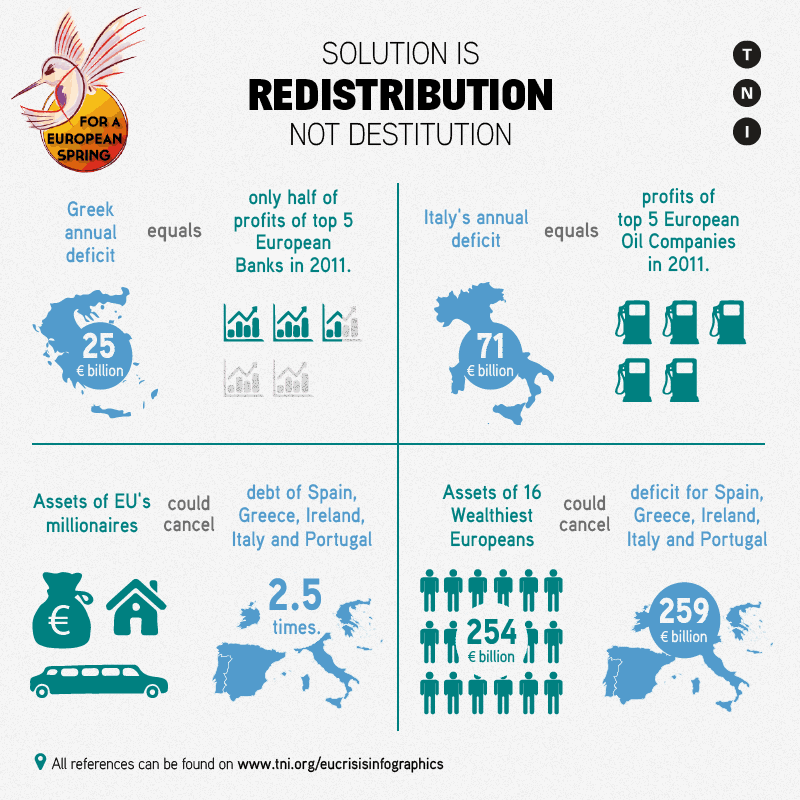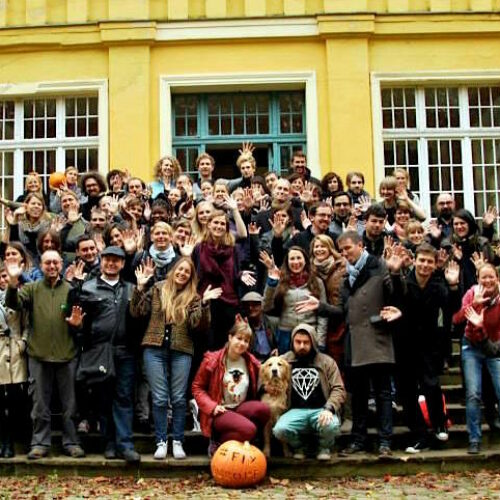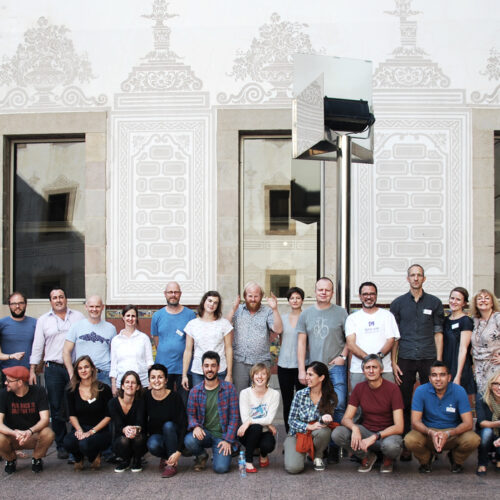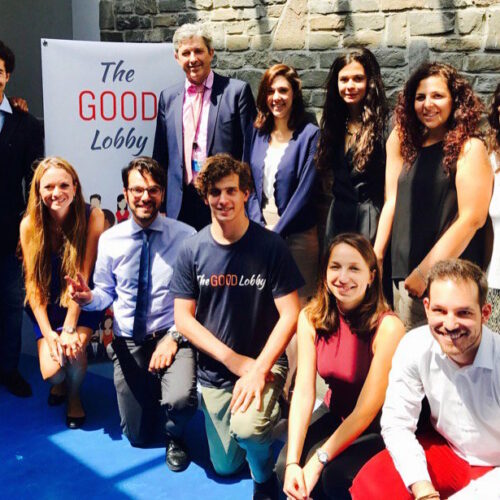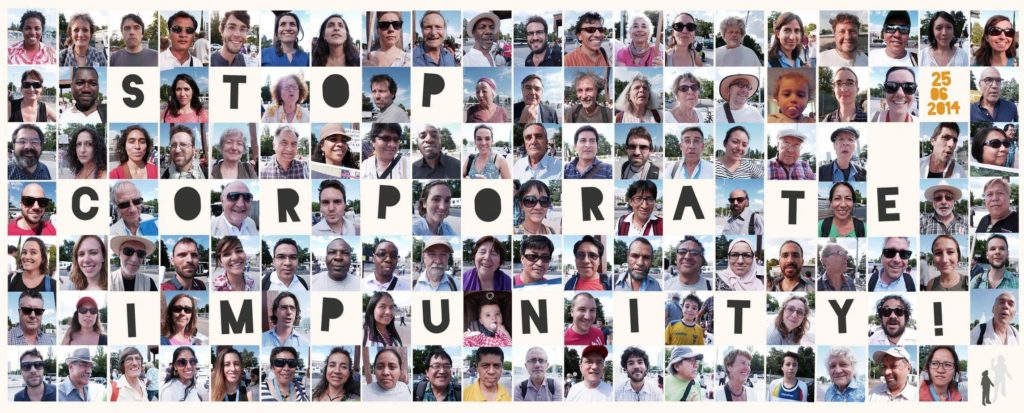
The Transnational Institute (TNI) is an international research and advocacy institute committed to building a just, democratic and sustainable world brought about and sustained by an informed and engaged citizenry. TNI wants to strengthen international social movements with rigorous research, reliable information, sound analysis and constructive proposals that advance progressive, democratic policy change and common solutions to global problems. TNI works closely with social movements and engaged intellectuals to develop, and/or document existing examples for popularisation, desirable and feasible alternatives. TNI’s programme addresses a broad range of societal issues, including rising authoritarianism, conflict and violence, inhumane drugs policies, inequitable access to public services, corporate misconduct, unfair and unsustainable trade and investment regimes, destruction of rural livelihoods, climate change.
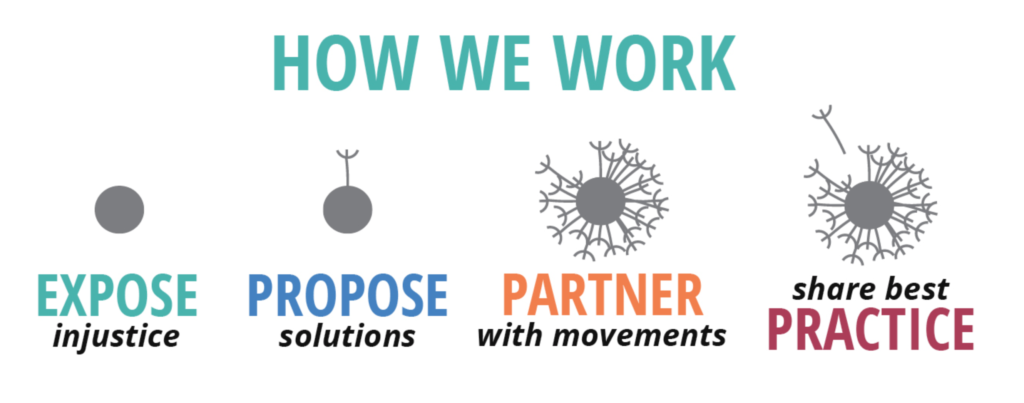
In TNI’s analysis, the root causes largely relate to the impact of neoliberal policies and vested interests of transnational corporations, particularly in respect of natural resources and war. Key activities include research, workshops, strategy meetings, policy dialogues, network building, and advocacy (targetted outreach, campaigns etc). Direct outputs include publications (with different formats aimed at different target audiences and purposes eg. social movements, policy makers, other researchers), reports, networks. Outcomes include increased knowledge and skill of social movement activists; informed, coordinated and effective social movement advocacy strategies; greater media exposure for the issues and views of social movements, translating into more informed public debate and growth in support for social movement advocacy. Longer-term impacts include agenda setting, political shifts, changes to policy and practice.
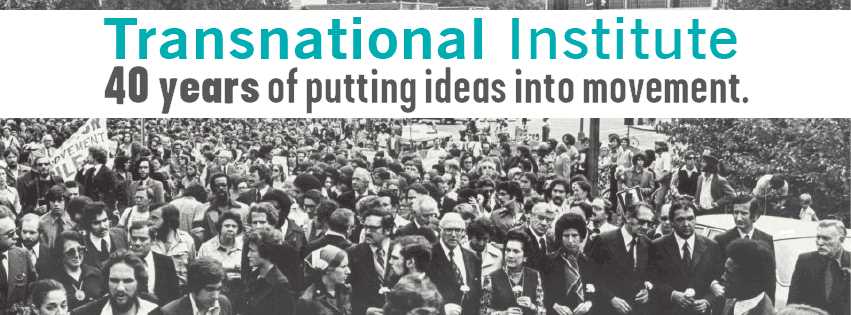
The Guerrilla Grant
TNI is receiving support from us for a project on ‘shrinking space’ for dissent/activism. In particular, they want to challenge the idea that this shrinking space is only happening within typically undemocratic governments, and show that it is a more widespread and insidious phenomenon by focusing on its manifestation in Europe. TNI will implement the project within the framework [https://www.tni.org/en/publication/on-shrinking-space] it developed collaboratively through a representative international meeting held in Berlin in October 2016, and published in April 2017. The project will serve as one of common interest to many of TNI’s existing social movement partners – in Europe and across the world. The aim of the project would be to defend and/or assert basic democratic freedoms of association, assembly, speech, movement and creed. In the context of rising authoritarianism, xenophobia and right-wing populism, the issue is an urgent one, and as such the project has already begun and will evolve for as long as is required and feasible.
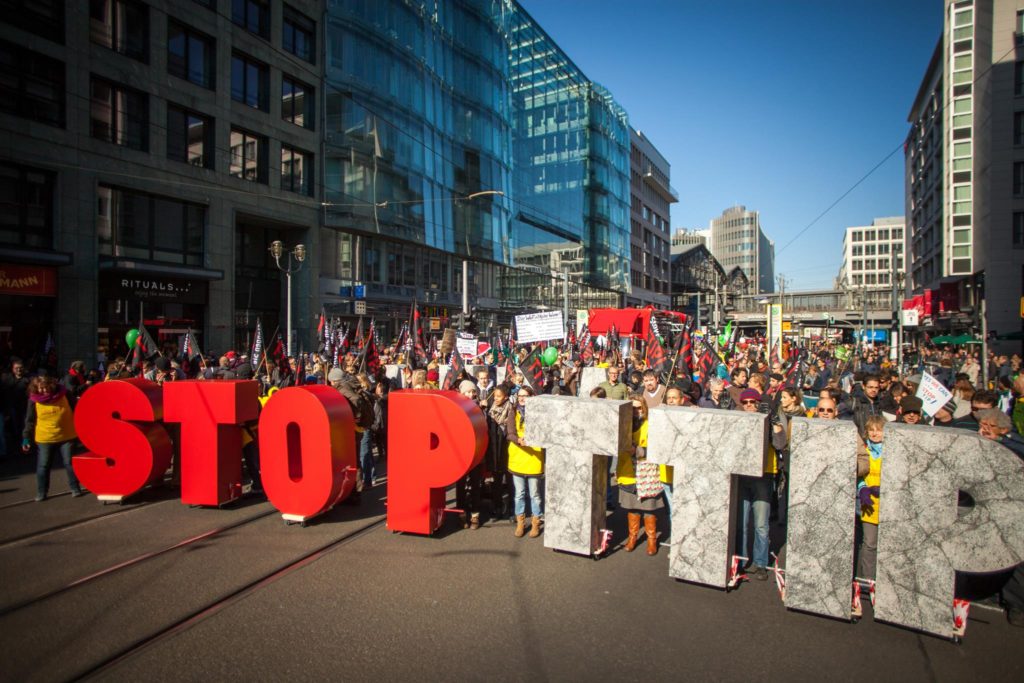
Activities:
(i) documenting, publishing and disseminating illustrative cases — in relevant languages and innovative forms — which will give voice to the experiences of activists;
(ii) providing and publicizing an online portal to cases, analyses, practical resources, recommendations, useful links;
(iii) maintaining active e-lists where subscribers can share alerts, experiences, information, strategies and other matters of common interest;
(iv) convening transnational workshops at cementing solidaric relationships and building the capacity of activists to articulate what is happening to them and why, and to strategise with allies about how to address the trend;
(v) facilitating engagement in spaces where ‘shrinking space’ is discussed with a view to shaping the discourse, giving voice and visibility to activist experiences and propositions, and wherever possible stimulating solidarity – this includes reaching out to different activist sectors, (I)NGOs, academics, philanthropic foundations, parliaments, governments and journalists.
Guerrilla Foundation support would be used for the European dimension of these activities and will be geared particularly to helping donors, parliamentarians, governments and broader civil society understand how the EU & its member states fit into the global ‘shrinking space’ trend, and to adjust their strategies for dealing with this phenomenon accordingly. It will also enable us to give visibility to those civil society actors in Europe most affected, offer them some measure of reprieve and/or protection, and will enable us to advocate evidence-based recommendations for defence of basic democratic freedoms in Europe.
